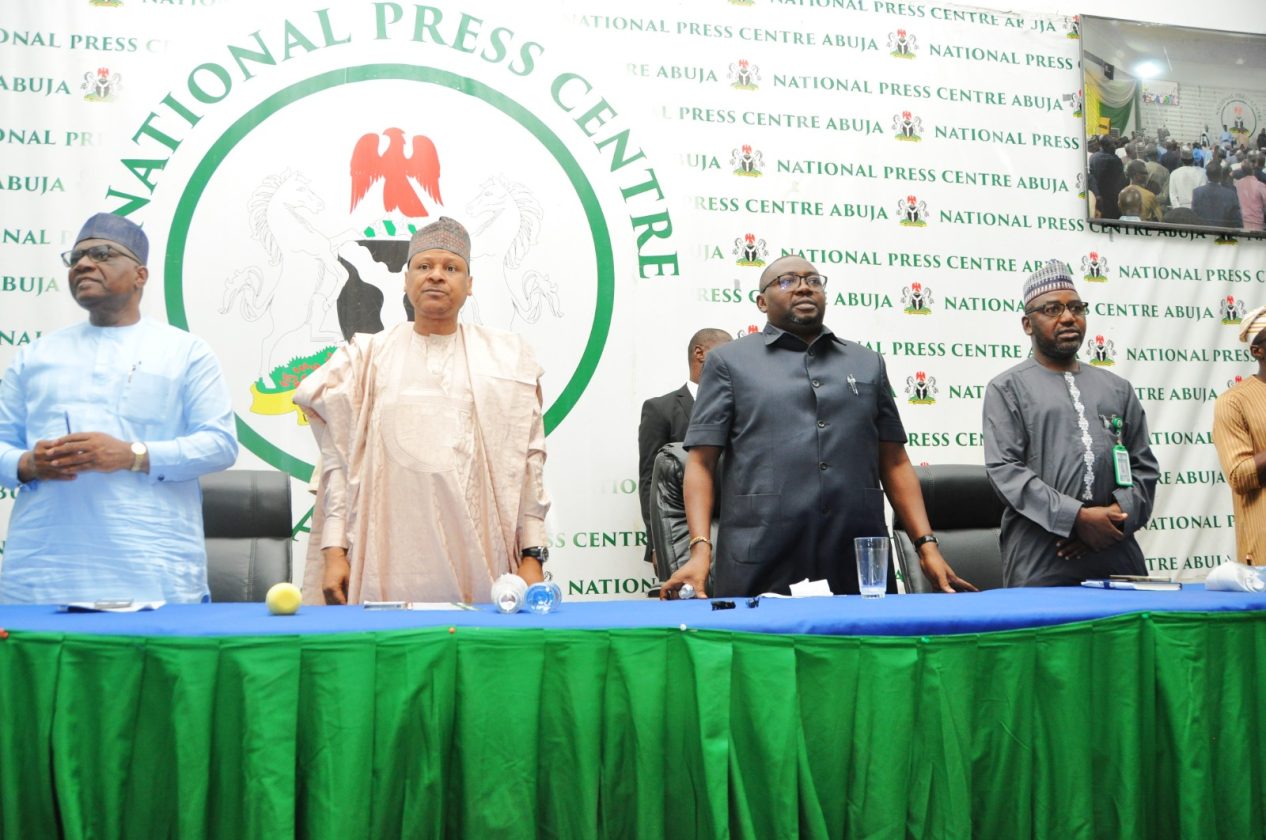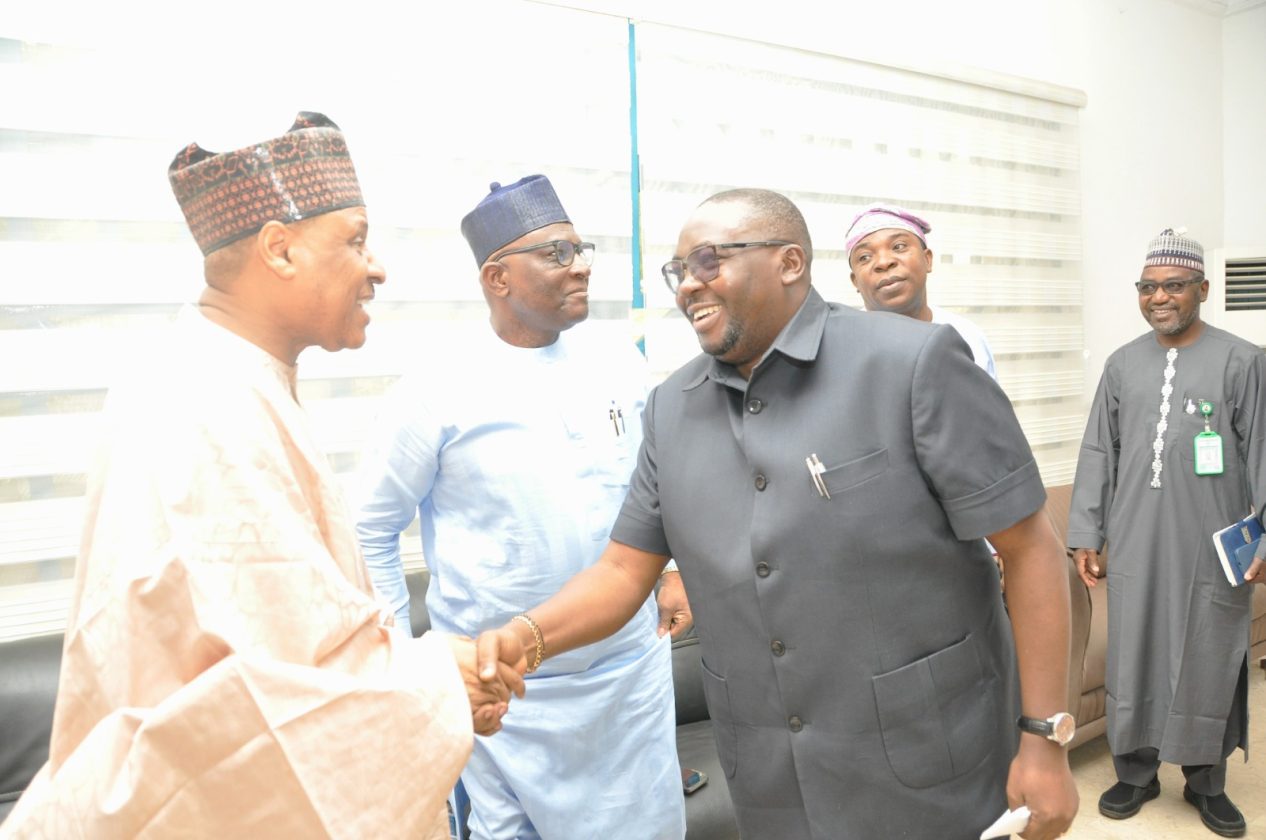Follow
X
Follow
Nigeria’s power sector is witnessing unprecedented progress as the Federal Government hits major milestones in generation, revenue growth, and reforms—marking a turning point in the nation’s decades-long struggle with electricity supply.
Speaking at the sixth edition of the Ministerial Press Briefing Series in Abuja, the Minister of Power, Chief Adebayo Adelabu, announced that Nigeria has, for the first time in its history, achieved 6,003 megawatts of available power generation capacity. This record-breaking feat, reached on March 2, 2025, was followed two days later by an energy evacuation peak of 5,801MW and a daily output of over 128,000 megawatt-hours—both historic highs. In comparison to the third quarter of 2023, average daily generation has increased from 4,100MW to 5,700MW, representing nearly 40 percent growth under the current administration.

Adelabu credited these achievements to coordinated reforms, private sector collaboration, and strategic investments. One of the standout successes is the ₦700 billion increase in market revenue in 2024, driven by the adoption of cost-reflective tariffs for Band A customers. This has boosted overall sector revenue from ₦1 trillion in 2023 to ₦1.7 trillion—a 70 percent growth that has helped reduce the government’s subsidy shortfall by ₦1.1 trillion, from ₦3 trillion to ₦1.9 trillion. “This is clear proof that financial sustainability and service improvement can go hand in hand,” Adelabu said.
The Minister also highlighted major policy achievements, including the completion of the National Integrated Electricity Policy (NIEP) and the Integrated Resource Plan (IRP), both of which outline a data-driven roadmap to improve energy access, attract investment, and support economic growth. He confirmed the policies have been submitted to the Federal Executive Council for approval.
In line with regional integration goals, Nigeria signed onto the M300 Energy Compact in Tanzania in January, joining other African nations in a push to connect 300 million people to electricity by 2030. The initiative is supported by the World Bank and African Development Bank and aims to expand generation, improve utility performance, and accelerate the adoption of renewables across the continent.






 WhatsApp us
WhatsApp us